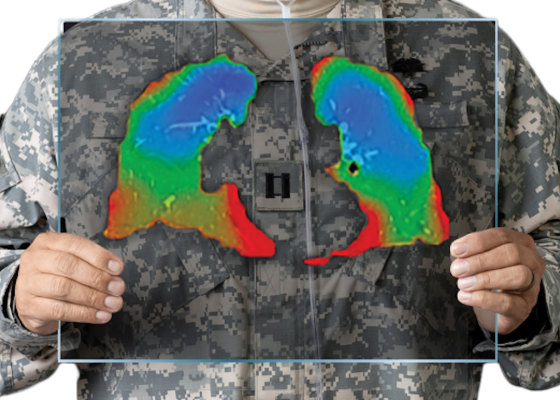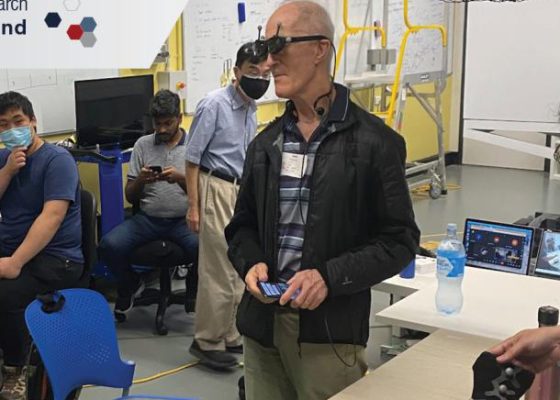The company sees NTI164 as a possible ‘breakthrough’ treatment.
Aussie biopharm development firm Neurotech International has been given TGA approval to start a Phase I/II clinical trial investigating the use of its NTI164 compound in paediatric patients with spastic diplegia cerebral palsy.
Professor Michael Fahey, head of the paediatric neurology unit and director of neurogenetics at Monash Medical Centre in Victoria, will lead the trial. Professor Fahey previously led the Phase I/II/III clinical trials of NTI164 in autism.
The spastic CP trial will recruit up to 14 paediatric patients with a clinical diagnosis of gross motor function classification system severity of 2-3, non-ambulant spastic CP patients. The trial aims to determine the efficacy and safety of NTI164 in these patients from baseline to 12 weeks of treatment with NTI164.
The primary endpoint of the trial is the Caregiver Priorities and Child Health Index of Life with Disabilities questionnaire, evaluating caregivers’ perceptions of health-related quality of life and the impact on caregivers of children with CP. Secondary endpoints include safety, the impact of NTI164 on pain, sleep, seizure frequency, dystonia (involuntary muscle contraction) and spasticity.
“We are pleased to have received Human Research Ethics Committee clearance for this important clinical trial,” said NTI’s executive director Dr Thomas Duthy.
“We see NTI164 as potentially a new breakthrough treatment as part of the clinical armamentarium to treat CP spasticity more effectively, noting improvements in gross motor function, increased participation at a social level and comfort are considered important treatment goals to improve the overall quality of life of the individual.”



